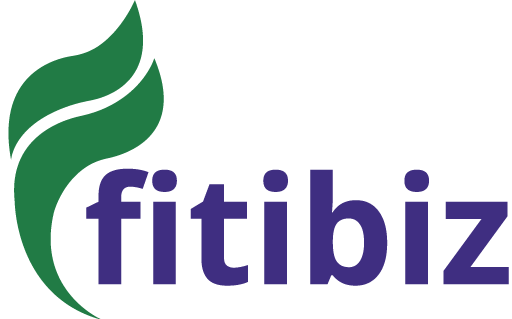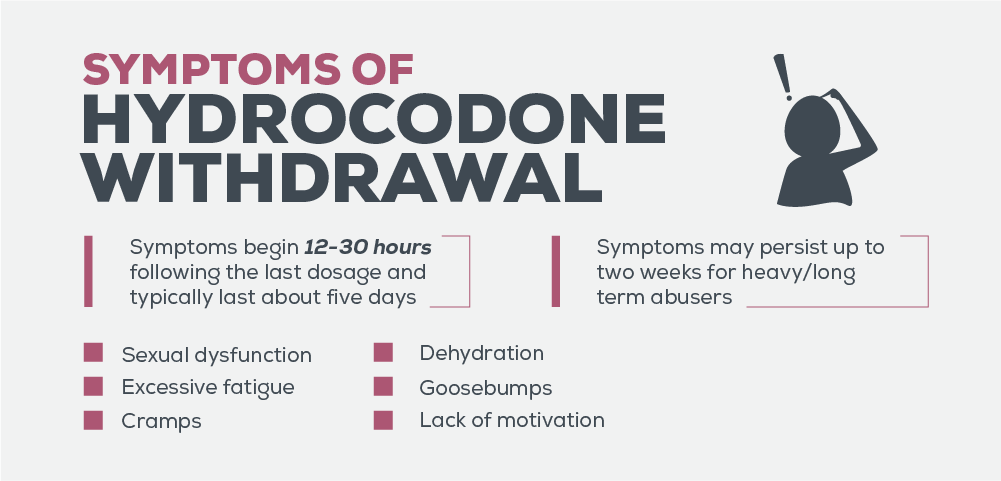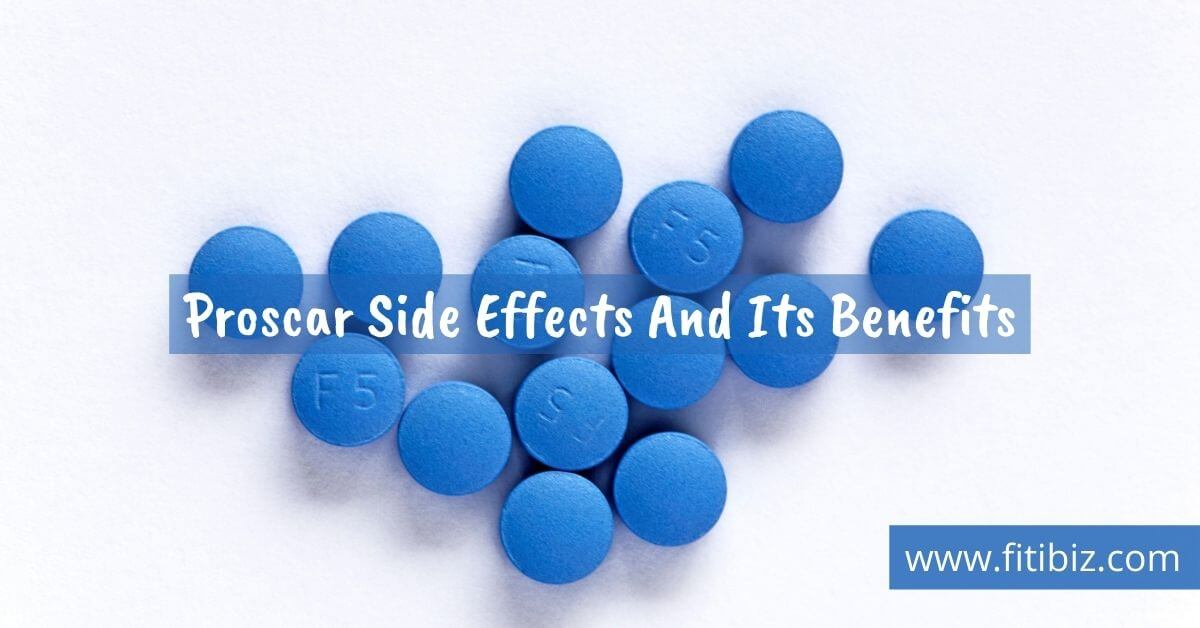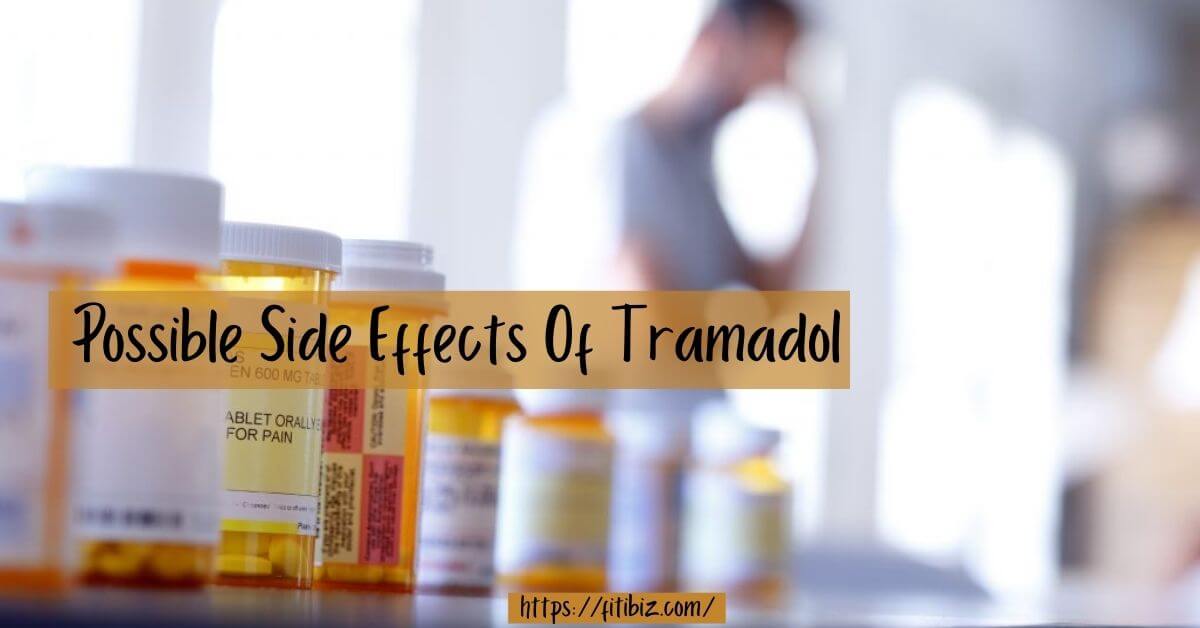Hydrocodone is a wonderful medication that is used to control moderate to severe pain. It is a type of opioid as an analgesic, derived from codeine. Buy Hydrocodone to get quick pain relief, it also acts as an opioid receptor in the CNS (Central Nervous System) to accelerate euphoria, a feeling of extreme welfare. Hydrocodone withdrawal symptoms happen when the patient stops taking this medication in the middle of their treatment.
The progress of hydrocodone withdrawal is increasing the symptoms in stages:
- Beginning Stages,
- Middle Stages,
- Advanced Stages,

When you develop a dependence on Hydrocodone acetaminophen and you decide to stop using Hydrocodone drugs, then you will quickly feel the symptoms of drug withdrawal.
Signs of withdrawal are produced as a result of the body, which is by adjusting with the trigger processes of chemicals for any medication. Chemicals such as hydrocodone collect chemistry in the brain, which gives to the body for “depression”. Once it happens over time, your body adopts “fast” procedures to maintain balance. Otherwise, you will not be ready to work.
In other words, Hydrocodone is signed the withdrawal when the patient’s brain indicates a lack of hydrocodone in the system, but “quick” processes take time to slow down again.
Common Symptoms of Hydrocodone Withdrawal
Hydrocodone withdrawal symptoms are more rapidly work when the patient takes high doses of the Hydrocodone prescribed. There are more symptoms you experience with the withdrawal of hydrocodone. Some symptoms occur early, such as nasal bleeding, excessive sweating, tears, yawning, thickening of the pupils, and increased temperature.
According to FDA Commissioner Scott Gottlieb, the FDA team is developing new guidance that helps to develop a better treatment, including those who help to manage opioid withdrawal symptoms. Physical symptoms of opioid withdrawal can be one of those obstacles to helping patients and overcoming addiction. Fear of experiencing withdrawal symptoms usually prevents people from seeking help if they are dealing with opioid addiction. And those who want to seek help can survive due to repeated withdrawal symptoms.
Some symptoms occur later, such as a continuous or recurrent tendency, goose meat, weakness, an increase in blood pressure and pulse, movement, restlessness, pain in severe muscles, and bones.
There are common symptoms of hydrocodone withdrawal include:
- Muscle and body pain,
- Sweats,
- Strong drug craving,
- Cold flashes with goosebumps,
- Excessive yawning or sneezing,
- Extreme drowsiness,
- Insomnia,
- Involuntary leg movements,
- Mood changes,
- Diarrhea,
- Lower back pain,
- Depression,
- Agitation,
- Night sweats,
- Fatigue,
- High blood pressure,
- Drug cravings,
- Thoughts of suicide,
At least the first 30 days, there is a risk of relapse or Hydrocodone overdose during a difficult withdrawal period.
Treatments for Hydrocodone Addiction
Withdrawal to save the patient from hydrocodone drug addiction is the best and necessary step. Which medicines are used in case of maximum drug dependence? Physicians usually use methadone hydrochloride, buprenorphine, or anti-alcohol to make a much more manageable withdrawal. Many times, antihypertensives can be determined for symptoms.
The one-time anti-diary agent class measurements given when applicable. Physicians once supplied alternate medicines for the treatment of depression or anxiety, if necessary. In some cases, semi-permanent opium replacement therapy can also be recommended.
The detox center should be only one part of the more extensive substance abuse treatment plan, which will include therapy, counseling, and prevention techniques. Detox is likely to be smooth and fast. If it participated in all physical elements so that the removal of addiction and psychological side effects can also be managed.
Medications for Hydrocodone Dependency
Although methadone is ancient medicine and used for each ward’s long medical maintenance. It is proving effective for some new drug extraction management. Opiates are opioid agonist drugs, which means that they bind and stimulate opioid receptors within the brain.
Methadone associates with Agonist Drugs. However, the result is excellent compared to alternative opiates and expanded half-life. Which allowed it to manage the withdrawal effect with very little risk for dependency.
For dependence on hydrocodone, medicines make partial classes such as antagonist medicine and buprenorphine. Partial agonist medicine is still bound to the same receptors. However, they do not activate them until the exhaustion is not the same degree of medication. The most common partial agonists used as buprenorphine, suboxone, and suites.
The antagonist helps with binding receptors and blocking them. This means that they are not active, so users will not get specialization in the results of any drug addiction. This category includes drugs like Narcan and narcotic antagonist.
How Effective is Addiction Treatment?
Substance use disorder is usually the struggle of life. With the treatment of professionals in a commission facility, which is old with drug addiction and dependence, the possibility of building a long recovery has improved. For a maximum of sixty days, treatment of abusive given in a residential program.
This allows sick addicts to go away from the cooperative environment, which promotes early addiction. Most programs provide personal and group psychotherapy and medical support in progress. Therefore, under medical supervision or progress, it may be necessary to stop additional maintenance for medical maintenance, as long as the employment is not long enough.
Almost all the treatment programs for opioid substance use disorder start with an intake assessment and during the medical evaluation, therapeutically assisted treatment (MAT). It is necessary to manage Hydrocodone bitartrate extraction, which can be slightly inconvenient and its risk for its worst life.
Some Other Ways To Fix Hydrocodone Withdrawal
As you know that prescription painkillers, also identified as opioid pain relievers, include hydrocodone, oxycodone, hydromorphone, and some others. Most of the people who misuse or abuse such painkillers, they become dependent on these drugs. Some others even move on to abusing illegal narcotics. However, if you quit using opiate drugs such as hydrocodone after becoming dependent.
Then you will liable to feel some extremely uncomfortable symptoms of hydrocodone withdrawal. In fact, most people continue abusing these drugs to avoid the troublesome symptoms that begin with detoxification. Although the withdrawal of opiates is not usually life-threatening. However, the process can lead to some symptoms which are tough to manage.
In addition, some side effects of withdrawal may even cause some serious health difficulties. The hardness of your withdrawal symptoms can also depend on your level of dependence. Although working in withdrawal is challenging. But cutting your dependence on it is a vital first step toward living a healthier life.
How does hydrocodone withdrawal work?
If you take such opiates drugs for a long period of time, then your body will become desensitized to these drugs. Basically, this means you will require more of such drugs to explore their effects. The long time use of such opiates can change the structure of your nerve cells within your brain.
These cells will start to require the drug just to work properly. When you will stop taking opiates such as hydrocodone or others, then your body will react to it, which may lead to serious symptoms of withdrawal. Hydrocodone opiate withdrawal occurs in two stages. The first phase involves given below numbers of symptoms, such as:
- agitation
- anxiety
- low energy
- muscle aches
- tearing eyes
- restlessness
- runny nose
- sleeplessness
- excessive yawning
- excessive sweating
The second phase is covered by the following:
- goosebumps
- diarrhea
- nausea and vomiting
- dilated pupils
- rapid heartbeat
- abdominal cramps
All those are initial phases, that may last wherever from just a week to a complete month, thus it can be followed by long-term symptoms of withdrawal. However, long-term symptoms of it are usually less physical in nature and can include emotional or behavioral issues.
Options Available At Your Home
When you are dependent on opiates such as hydrocodone, then your body has become habitual or used to having them in your system. Because your body might also develop some tolerance to most of the side effects of these drugs, such as skin dryness and constipation. Although suddenly keeping yourself off from these opiates may cause a strong reaction.
Therefore if you try to go through hydrocodone withdrawal on your own, then you will need to be prepared. However, you should try to slowly decrease the hydrocodone before you go off them completely. Although this might limit the intensity of your hydrocodone withdrawal.
However, it will give you the compulsive nature of addiction. Most people notice self-regulated tapering to be difficult. It often leads to a full reversal of addiction. However, dehydration due to diarrhea and vomiting is very common and could lead you to some serious health difficulties.
In addition, most people end up in the hospital with dehydration problem, when they are going through hydrocodone withdrawal. But drinking lots of hydrating fluids during the withdrawal is very much important. Electrolyte solutions, such as Pedialyte, can help keep you hydrated.
Over the counter(OTC) medications
Over the counter medication or you say OCT are the medicines that don’t need any prescription to buy it. They are easily available and anyone can buy them. These medicines are quite effective and easily available. Using a proper OCT can fix those withdrawal issues of Hydrocone.
Withdrawal symptoms can last from days to weeks. If you have had the medicine for a long period, you should try not to be dependent on the medicines anymore. Also, it is suggested to consult the doctors before stopping the medication as it can create serious issues.
Alternative care
Although it’s may not work in some cases, but herbal treatments can too be effective in dealing with those withdrawal issues. Many of the Chinese herbal solutions are available these days that may work pretty efficiently. Also, herbal solutions have little or no side effects. So one can use it without any hesitation.
Stay comfortable and safe
Well, sometimes small things can work pretty awesome. One of those things is staying calm and comfortable. yes, just be calm and comfortable without taking any stress about what gonna happen. Try to meet friends, have a small trip. Read books, watch movies, and stay calm and comfortable.
Let know your loved ones about the withdrawal phase. Keep yourself a little busy. Do meditation and exercise as it can reduce those stress levels magically. Take proper rest and let the withdrawal process keep going.
Finding Other support
Well, it can be quite dangerous to be alone during this withdrawal process. Also, it is suggested to keep in touch with friends and family. If things are not getting as per desire, contact your doctor. Also, it is suggested to have a regular doctor checkup during the withdrawal process.






Write a comment
Your email address will not be published. All fields are required